The fear of migration felt by many EU citizens is based on misinformation, said Kashetu Kyenge, co-rapporteur of the Socialists & Democrats (S&D) group of the European Parliament, speaking at a seminar to discuss the situation in the Mediterranean and an EU approach to migration.
“Migration is a natural phenomenon that occurs during political stability, but obviously numbers are higher when there is instability. We must stop seeing migration as an emergency”, she said.
In a speech at a seminar on Migration and asylum: a challenge for Europe, in Brussels, Ms Kyenge advocated medium and long-term initiatives to mitigate the problem and argued the need for a comprehensive global approach. “It is an international cross-border phenomenon that doesn’t only take place in the Mediterranean.
“A distorted image of migration is shown in the media, which fuels fears. People are under the impression that there is some sort of invasion. The UNHCR states that there are 60 million refugees and internationally displaced people worldwide: 80 per cent of these are in countries neighbouring their home country, and not in Europe.”
The real crisis is the political impasse and attitudes of member states, Ms Kyenge said
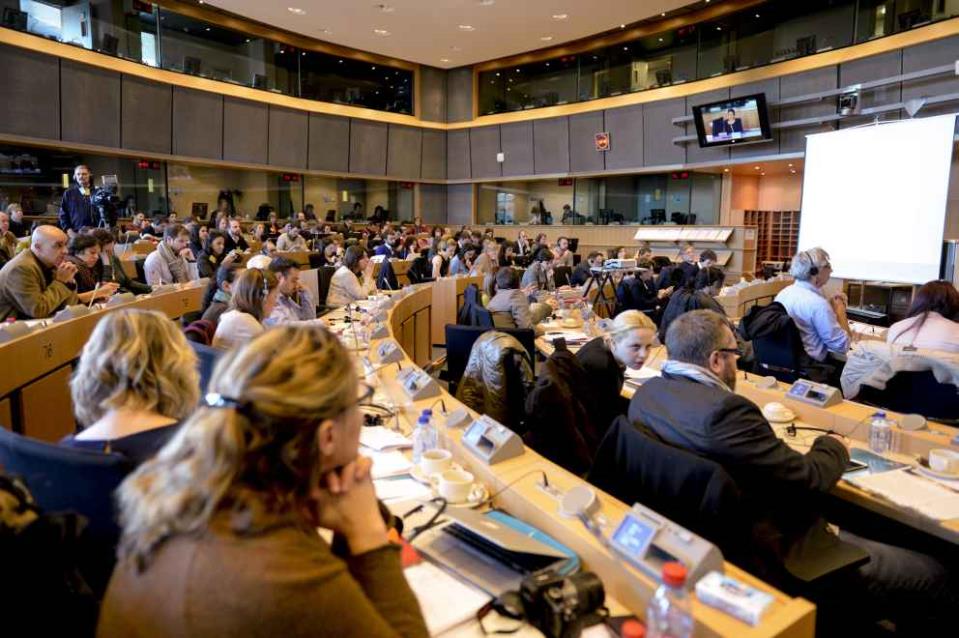
“Parliament is coming up with good ideas, but is being stonewalled by Council. We in Parliament are elected by the people and are supposed to be their voice in Europe. We are trying to represent the people, but arguments fall on deaf ears in Council”.
She reiterated the call made by many MEPs during the past year for a permanent quota system and shared responsibility.
Migration and asylum as seen by international organisations
Earlier this year, governments gave the green light to relocate 160,000 refugees from Italy and Greece, but EU Parliamentarians believe that countries have so far failed to honour their promise. Of these 160,000, the number of those who have actually been relocated is in the low hundreds, which indicates a lack of will on behalf of EU countries to keep their promises.
Sophie Magennis, Head of policy and organisational support at the UNHCR Bureau for Europe, explained that there is a perception on the part of many that the vast majority of migrants are either in Europe or coming to Europe.
“This is not the case,” she said. “Nine out of 10 refugees are hosted in developing countries, and many of those fleeing tend to go to a neighbouring country”.
Ms Magennis expressed her hope of seeing progress in the relocation mechanism and said that the UNHCR will provide support for 20,000 refugees in Greece. “There needs to be somewhere for refugees to stay until they are relocated. We have, through partnership agreements, provided hotel spaces there [in Greece] and we also need to communicate with asylum seekers about this mechanism. With something so new it will take time to encourage people to participate.
“We need to better explain the contribution refugees can bring to the societies in which they arrive and ‘think tanks’ have been working on this.
“If we have a situation where EU countries take differing approaches to issues, it creates huge challenges,” she said.
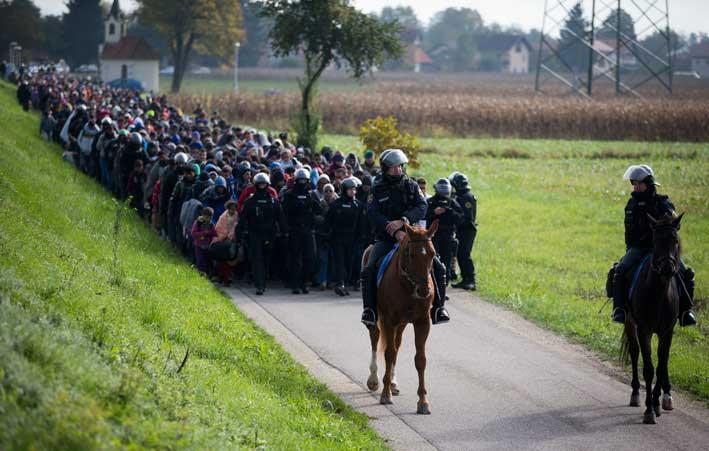
Over the past five years, said Ms Magennis, 15 new conflicts (including those that have reignited over a period of time) have arisen, including in Libya and north-east Nigeria. The result is 60 million displaced people around the world and a global solution for this global crisis is needed. “The main countries hosting asylum seekers are Turkey, Ethiopia, Iran and Jordan.”
Between January and October, 800,000 migrants sought asylum in Europe. “This is a manageable crisis, if the appropriate measures are put in place and if solidarity is brought to bear,” said Ms Magennis.
She mentioned that €3bn has been made available to Turkey through a financial package to support refugees. “No matter how risky the crossing to Europe, if families don’t have access to education in their home country, and don’t have any future prospects, then they will leave.” This is not only the case in countries of origin. She emphasised the need to offer support for refugees hosted in countries such as Lebanon and Turkey, where refugees face the same issues.
Ms Magennis pointed out that the North African route to Italy is used much less during the winter months, with many preferring to go through Turkey and up to Greece. “Fifty per cent of those taking the Mediterranean route come from Syria, and there are significant numbers coming from Iraq and Afghanistan. A total of 80 per cent are coming from conflict areas.”
When a migrant arrives in a country and requests asylum, an assessment is carried out, she said. If that person is found to be in need of protection, then refugee status, or a subsidiary status, may be granted. “Member states have access to other protection permissions for other reasons, but if there is no reason for the person to stay, then the returns directive applies.”
Admitting that statistics indicate that only a very small number of people have actually been returned to their country of origin, Ms Magennis said that member states are currently debating how to address this. She referred to the need to further develop procedures in this regard, pointing out that a number of procedures already exist by which a migrant can be sent back, such as through voluntary returns.
Hotspots are only one measure in the comprehensive package, she explained. “We need to provide protection to people before they begin migrating. Our ultimate aim is an end to conflicts and the problems in Syria.”
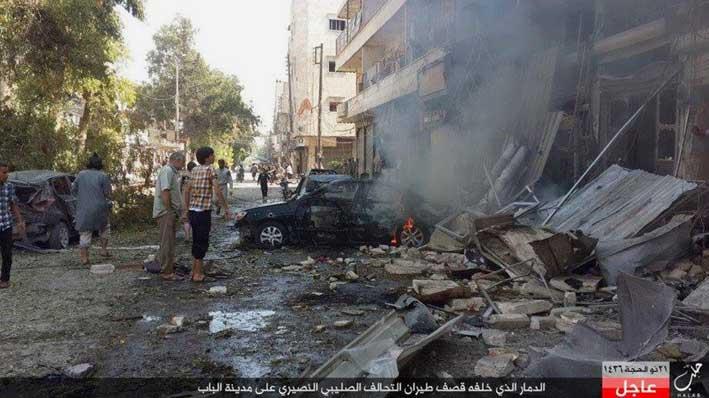
A lack of consensus and solidarity is often the cause of serious crises in the EU, said the EPP Rapporteur for the 2016 general budget Jose Manuel Fernandes. “When states undertake a responsibility, they need to be aware of what they are doing.” He emphasised the need for more flexibility in decision-making and mobilising existing agencies.
He pointed out that the European Council is trying to reduce expenditure in this area, but the Parliament is trying to insist on increased expenditure.”
Asked about the divisions evident between member countries, Mr Fernandes explained that there are those that receive large portions of the EU budget and call for budget solidarity, but then will not provide any assistance. “It’s not a matter of right-wing or left-wing countries, as there are examples from both sides of the spectrum of those that host refugees and those that don’t. It’s a question of leadership. There are national leaders who would say, effectively, that all good things come from them and the bad things come from the EU. Refugees are victims. It’s not their fault; they are victims of terrorism.”
He spoke of the EU Trust Fund for Africa, and said that funds promised by member states have not materialised. He pointed out that funds had also been promised to Turkey. “Countries have taken on an obligation to make certain payments: the commitment is there but they need to put the money on the line. The way forward is through consensus and solidarity.”
We can manage the migration situation easily through solidarity
Cecilia Wikstrom, from the ALDE party, spoke of the urgent need to change the Dublin Regulation.
“Applied strictly, the Dublin Regulation would see all asylum seekers assessed by Greece or Italy, and this is unrealistic. It is also unreasonable that asylum seekers are travelling freely across member states, with 90 per cent arriving in a small number of states, mainly Germany, Austria and Sweden. The EU needs to share the responsibility fairly.”
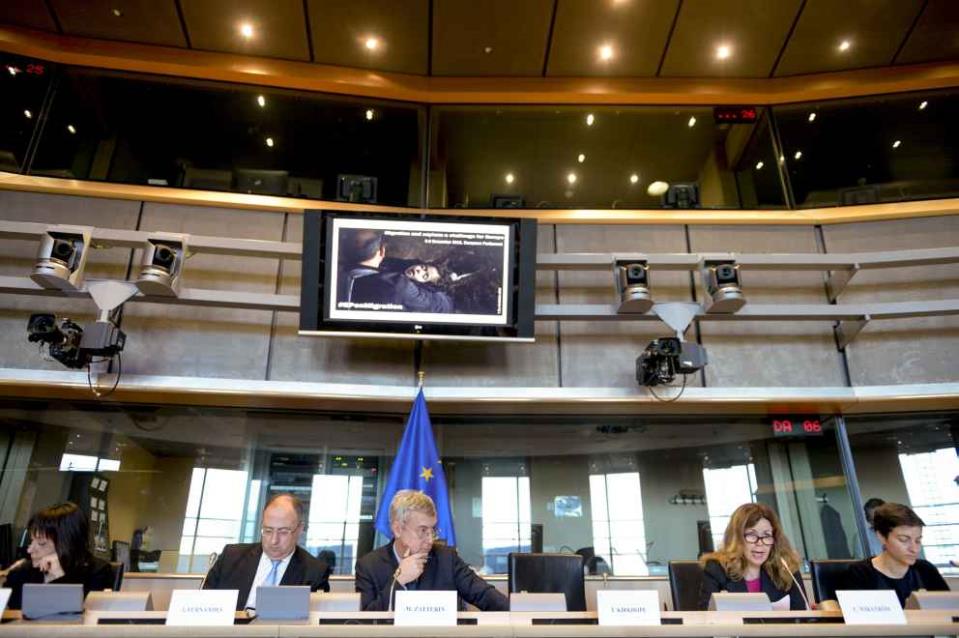
Pointing out that the EU has more than 500 million citizens, Ms Wikstrom added: “and we are a rich continent. We could, without any major problems, manage even larger migratory movements if we acted together as a union. We cannot, however, manage the situation if Germany, Sweden and Austria are acting alone. We are in the heart of a deep crisis, not a crisis due to the number of refugees, but due to the lack of solidarity between states”.
She singled out member states, claiming they are playing a dirty game, saying they will accept refugees, “but not in my state.”
The Dublin Regulation is a 20th-century instrument, said Ms Wikstrom: “It is outdated, and the upcoming reform should include a new system, with a fair distribution of asylum-seekers based on an objective key that includes GDP, population size, unemployment rate and number of asylum seekers already received. The Dublin Regulation has collapsed. We need a 21st century legal instrument and I look forward to hearing the Commission’s proposals in March,” she said.
Deep divide between Council and Parliament
EFA MEP Ska Keller, who sits on the Civil Liberties Committee in the European Parliament, believes that the migration crisis has not been caused by refugees but rather by the EU’s response to the influx. She, like MEP Wikstrom, agrees that the lack of solidarity is the main issue. The problem, she said, is not the EU, it’s not the European Parliament or the European Commission; it’s the member states themselves. An EU asylum system is in place and standards are there, but they are not being followed by the states.”
The statements made by these two MEPs are indicative of the deep divide between the European Council, comprised of the heads of government of EU countries and the European Parliament, with MEPs directly elected to represent their respective countries in the EU.
Turning to talk of border guards (an idea that has been floating around Parliament as well as Council meetings) Ms Keller said she imagined that this would actually go against international law. “Countries cannot turn refugees away at the border.”
The EU has been too lenient with Turkey
EPP MP Elissavet Vozemberg-Vrionidi believes that the EU has been too lenient with Turkey in its offer of funds, considering the sheer number of migrants that make their way straight through the country. Asked about Turkey’s questionable human rights record, she stressed the importance of Turkey as a strategic partner but said that the EU needs to exert more pressure.
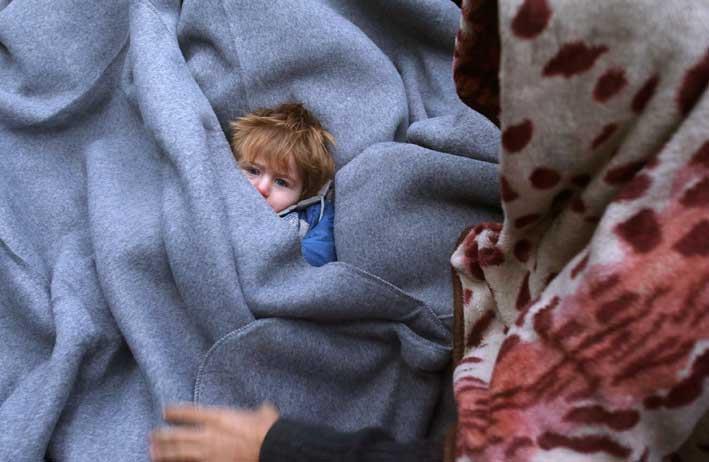
Malin Bjork, an MEP from the GUE party, said he was worried about the blind eye being turned to the repression of the Kurdish minority and the reports of push-backs of Syrian refugees on Turkish borders. “The agreement with Turkey shames EU leaders.”
Mr Bjork referred to the need for real political leadership, saying that there are political leaders who play on nationalism – being racist. “We need to call a spade a spade,” he said. “The opposite is needed. We only take a small portion of migrants and people know this and there seems to be more support for greater responsibility at EU level than is reflected in the Council. There is no future for extreme right policy and attitudes.”
On the subject of establishing centres in countries of transit to process refugee applications, he was against the idea. “African countries said ‘No, they would not be doing the EU’s dirty work. “The reality is that the EU seems to be less sincere on human rights issues when they occur outside our borders”.
Even Laura Ferrara, a member of the Europe of Freedom and Direct Democracy party (EFDD), representing the Cinque Stele movement in Italy, pointed out that the European Parliament is in favour of a comprehensive approach and was critical of the fact that so far only a small number of migrants have been relocated.
She blamed this slow take-up from the promised 160,000 on the voluntary nature of the relocation agreement. “This is contributing to the sense of emergency”.
Ms Ferrara expressed her astonishment that Commission President Jean-Claude Juncker said that Turkey would be placed on the list of safe countries of origin, considering the human rights breaches and the persecution of Kurds. “My group is concerned, and does not like the idea of an agreement with a country that is too close to the terrorist organisations we are fighting,” she said.
Photo credits: Copyright: © European Union 2015 - Source : EP